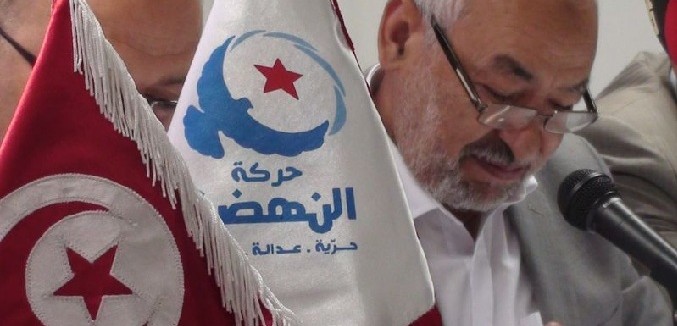Tunisian secularists and Islamists are closely watching events unfold in Egypt, with tensions grounded in the country’s 2011 Arab Spring – which saw the subsequent political empowerment of the Islamist Ennahda movement – threatening to escalate into protests.
Pressure mounted through last week and over the weekend on Tunisia’s Islamist-led government to acknowledge opponents’ demands for greater openness, lest it be removed from power.
In recent days a Tunisian grassroots movement has sprung up calling itself Tamarud (“Rebellion”), the same name as the Egyptian protest movement that pushed for the removal of former President Mohammed Morsi.
By Thursday, Tunisia’s Tamarud claimed to have gathered 180,000 signatures calling for the government’s ouster. Its online petition, however, featured only 10,000 names. Ennahda spiritual leader Rached Ghannouchi also dismissed the suggestion that his movement might suffer a fate similar to its Egyptian counterparts.
Tunisian activists hope to dissolve the country’s National Constituent Assembly, the body tasked with drawing up a constitution for the North African nation after decades of authoritarian rule. A plurality of the assembly’s seats are controlled by Ennahda officials, and liberals fear the new constitution will resemble the Islamist-tinged document produced by the analogous body in Egypt.
Last Thursday Ennahda blasted the Egyptian army for taking action against Morsi, asserting that “Morsi, and no one else” was the legitimate ruler of Egypt.
In a report last year published by the Henry Jackson Society, a London-based think tank, this author urged U.S. and Western policymakers to place the onus on Ennahda to prove it is the “moderate Islamist” movement it claims, and to judge its intentions by its policies and not speeches it offers with an eye toward Western audiences.
Any Western aid, I wrote, should be conditioned on Ennahda respecting basic standards of liberal democratic governance, including freedom of speech and respect for minorities and women.
[Photo: Ennahdah / Wiki Commons]




